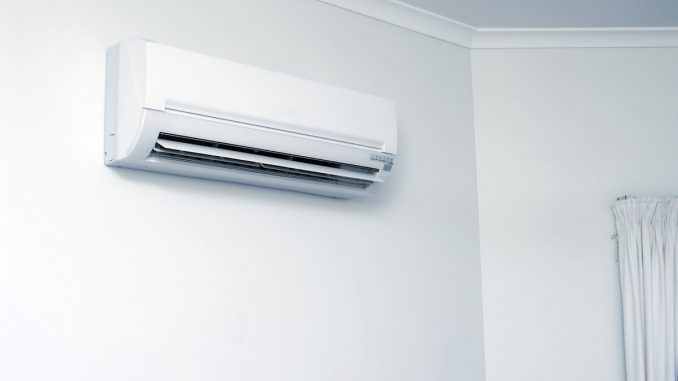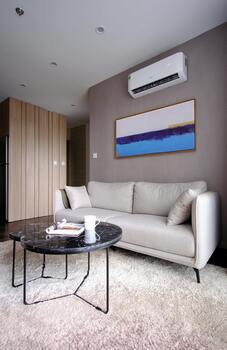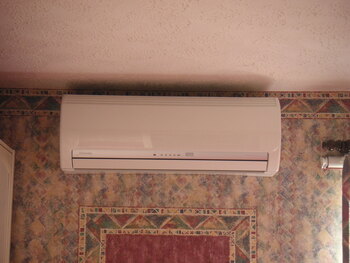
Air conditioning filters play a crucial role in maintaining indoor air quality and the efficiency of your HVAC system. They help trap dust, pollen, mold spores, and other airborne particles, preventing them from circulating in your home or building. In this guide, we’ll explore the importance of air conditioning filters, how they work, and best practices for maintenance.
The Importance of Air Conditioning Filters
- Improved Indoor Air Quality: Air conditioning filters help remove airborne particles, allergens, and pollutants, improving the overall indoor air quality and creating a healthier environment for occupants.

- Energy Efficiency: Clean air filters allow your HVAC system to operate more efficiently by reducing airflow resistance. This can lead to lower energy consumption and reduced utility bills.
- Extended HVAC System Life: Regularly changing air filters can help extend the life of your HVAC system by reducing the strain on the system’s components and preventing damage from dust and debris buildup.
- Enhanced Comfort: Clean air filters help maintain consistent airflow and temperature, ensuring that your home or building remains comfortable year-round.
Types of Air Conditioning Filters
- Fiberglass Filters: Fiberglass filters are the most common type of air filter and are typically disposable. They are relatively inexpensive but may not capture smaller particles effectively.
- Pleated Filters: Pleated filters have a larger surface area than fiberglass filters, allowing them to capture more particles. They are more effective at filtering out smaller particles but may be more expensive.
- HEPA Filters: High-efficiency particulate air (HEPA) filters are the most effective at capturing small particles, including allergens and pollutants. However, they may require more frequent replacement and can be more expensive.
How Air Conditioning Filters Work
Air conditioning filters work by trapping airborne particles as air passes through them. The filter’s fibers create a barrier that captures particles, preventing them from circulating in your home or building. Over time, the filter becomes clogged with particles, reducing its effectiveness and restricting airflow. Regularly changing the filter helps ensure that it continues to capture particles efficiently.
Best Practices for Air Conditioning Filter Maintenance
- Regular Inspection: Inspect your air filter regularly to check for dirt, dust, and debris buildup. Replace the filter if it appears dirty or clogged.
- Frequent Replacement: Replace your air filter according to the manufacturer’s recommendations or more frequently if you have pets, allergies, or live in a dusty environment.
- Correct Sizing: Use the correct size and type of air filter for your HVAC system. A filter that is too small or large can lead to air leaks and reduced filtration efficiency.
- Professional Maintenance: Consider scheduling regular maintenance with a professional HVAC technician to ensure that your air filter and HVAC system are working properly.
- Consider Upgrading: If you have allergies or respiratory issues, consider upgrading to a higher-efficiency air filter, such as a pleated or HEPA filter, to improve indoor air quality.
Conclusion
Air conditioning filters play a vital role in maintaining indoor air quality, improving energy efficiency, and extending the life of your HVAC system. By understanding the importance of air filters and following best practices for maintenance, you can ensure that your home or building remains comfortable and healthy. Remember to regularly inspect and replace your air filter to keep your HVAC system running smoothly and efficiently.


Leave a Reply